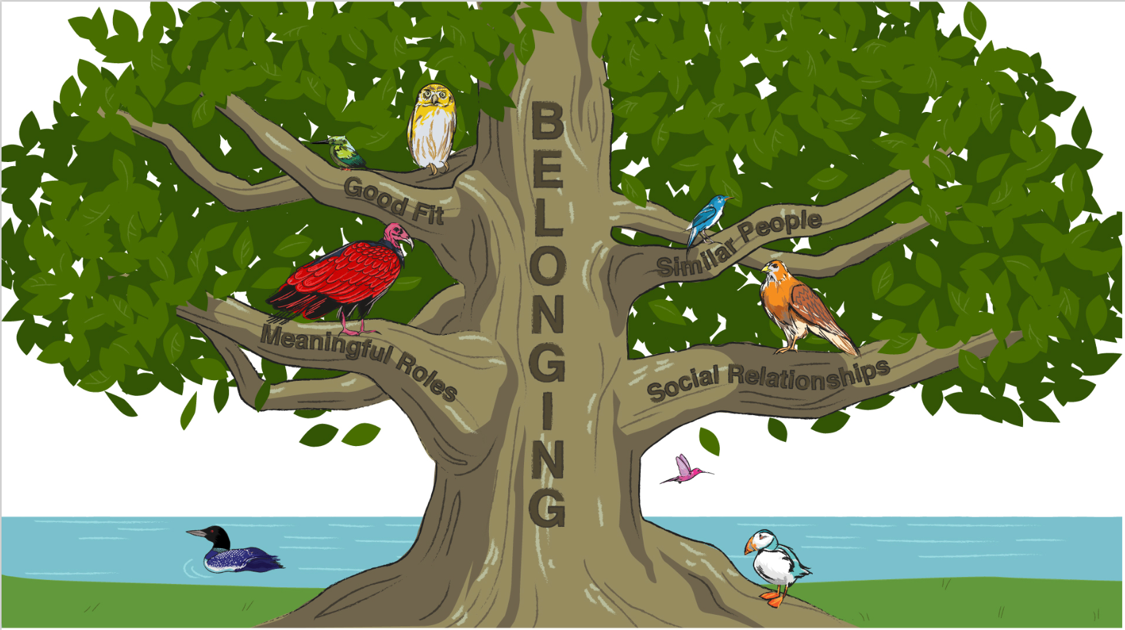Project Goals
The Voices of Youths (VOY) project was a federally-funded, inclusive research project designed to learn from youths with intellectual/developmental disabilities (IDD) themselves about their experiences of friendship, community, and quality of life. By taking an insider perspective, the VOY expanded knowledge of youths’ experiences while identifying key areas for further research about belonging and engagement in community life. These insights can inform and enrich existing and new programs and practices.
The final, plain language report can be found here: VOICES OF YOUTHS FINAL REPORT – WHAT YOUTH TOLD US!
Research Design
VOY was a collaboration of team members based at the University of Toronto and McMaster University, project consultants with IDD, and local community organizations. Over three years, we recuited 24 youths, aged 13 to 24, with a diverse range of IDD labels. Participants were interviewed three times on film in their homes and communities. During the third interview, the youth were asked to bring a friend to participate to engage in an activity they regularly did together. Using film allowed us to capture not just what the youth said, but also to vividly capture the activities and places where to the youth engaged in community life, and how they felt about these experiences.
Findings
Through our analysis of what participants told us, we developed a framework to capture the process of belonging to, and engaging in, community life. The model consists of four categories:
- Interacting with people similar to me: Participants told us that one aspect of belonging is engaging with others who are similar to them. For example, sharing interests and experiences.
- Negotiating meaningful roles in the community: These roles happen through participating in activities that are personally meaningful and may benefit others.
- Having social relationships: Spending time talking or doing activities with friends, family or other people in the community.
- Navigating norms and expectations – Find a good fit: This means finding a good fit between what the youth want for themselves and what others may want for or expect of them.
From these findings, it was clear that youth with IDD want to belong. They also want to and can have a voice in research, programs, and policies that affect them. Program and policy frameworks, many of which have focused on social inclusion, must consider belonging – as voiced by youth.

The Film – Belonging Matters
Belonging Matters was created to share the findings of the VOY study. Film was selected as the ideal medium to communicate VOY’s findings to a broader audience due to its accessibility and ability to resonate with people from diverse perspectives, backgrounds, and abilities. VOY’s community partners and project consultants with IDD, who appear in the film, were involved in every stage of production and approved the finalized version for a wider audience.
Future Directions
As the findings of VOY reach community agencies, organizations, policy makers, and youths with IDD and their famliies, they may influence public policy, organizations, and professionals supporting these youths. The VOY team hopes to continue this line of research by identifying pathways to belonging, from multiple perspectives, including youths with IDD, their families, and the professionals that support them. This framework can then be applied in policy, research, and be used to develop and evaluate programs focused on belonging as both a process and outcome.